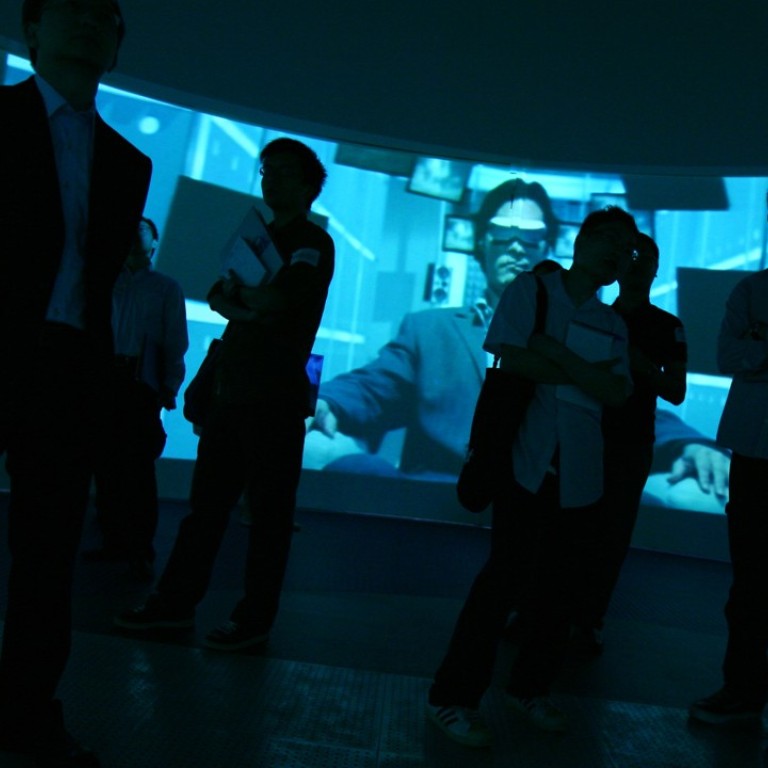
Why Hong Kong should worry if its students can’t think out of the box
Hong Kong’s students are famous for performing well in public examinations but, at the same time, that makes them more comfortable with following instructions and orders. Our exam-oriented learning style is also responsible for restricting their creativity; in other words, Hong Kong students are much less eager and proactive to “think out of the box”.
Forget a happy childhood, in Hong Kong it’s just a daily grind
This may not have been a big problem in the past; however, with our economy now being restructured into being a more knowledge-based one, the innovation, hi-tech and higher-value-added industries will become dominant in the future. With Hong Kong students so lacking in creativity, this will become a tremendous drawback and significantly lower the competitiveness of Hong Kong.
Watch: A Hong Kong school promotes alternative learning
Making STEM fun for children is vital for Hong Kong’s future
In mainland China, students can choose between advanced placement courses, which allows them to earn college credits while still in high school, or the traditional gaokao curriculum. I think Hong Kong should also allow more choices, apart from the Hong Kong Diploma of Secondary Education (DSE) or International Baccalaureate (IB) curriculum.
Local schools in Hong Kong deserve more financial support in the professional training of their teachers and the adoption of new teaching methods. That could see stress among students reduced within a short time.
Anfield Tam, Quarry Bay

